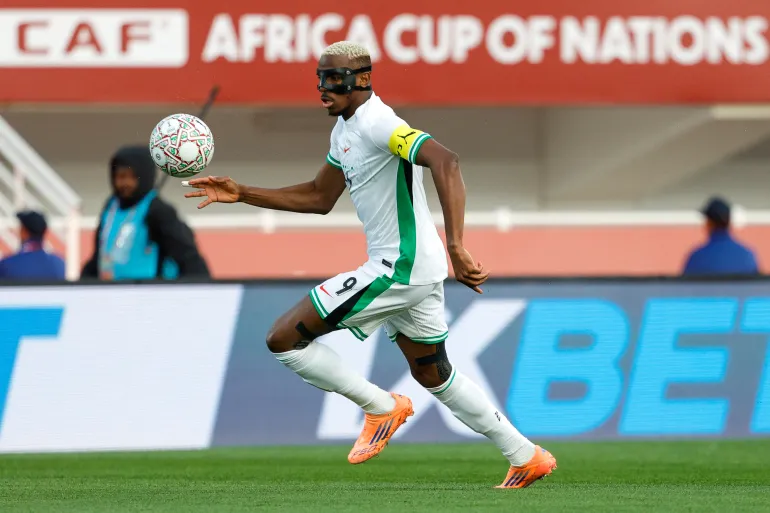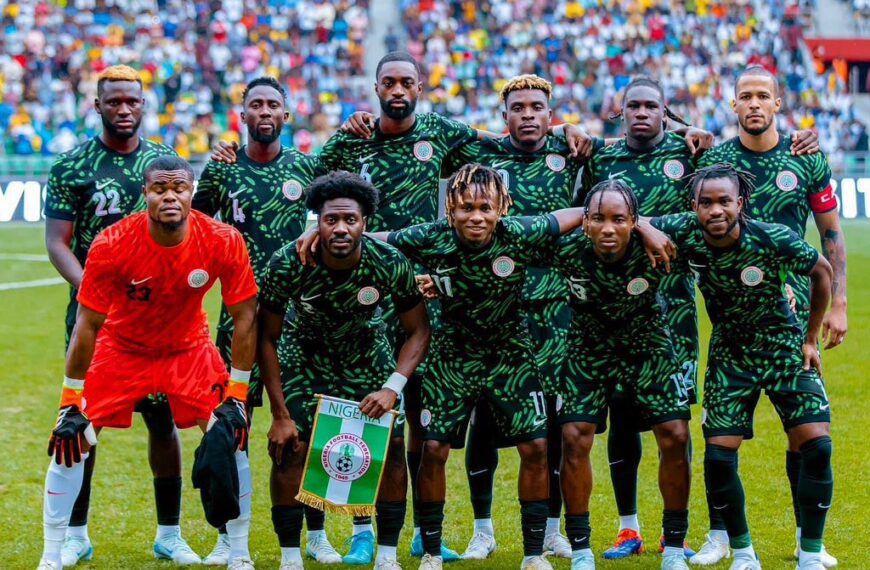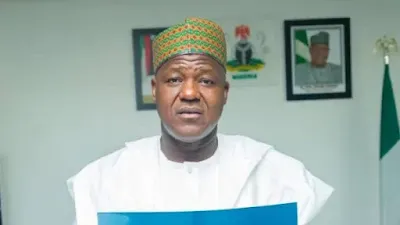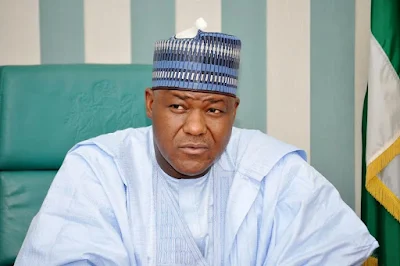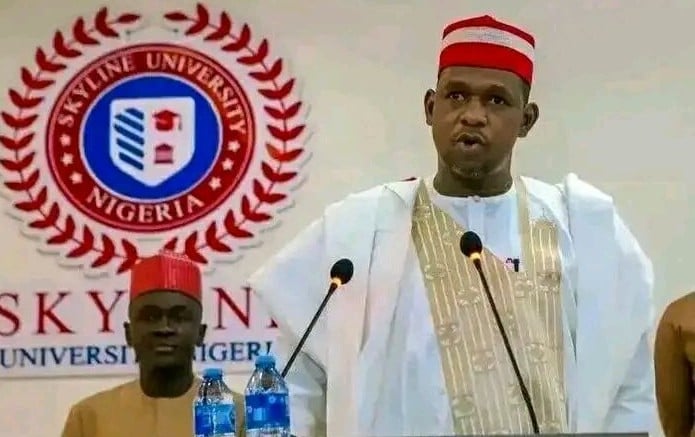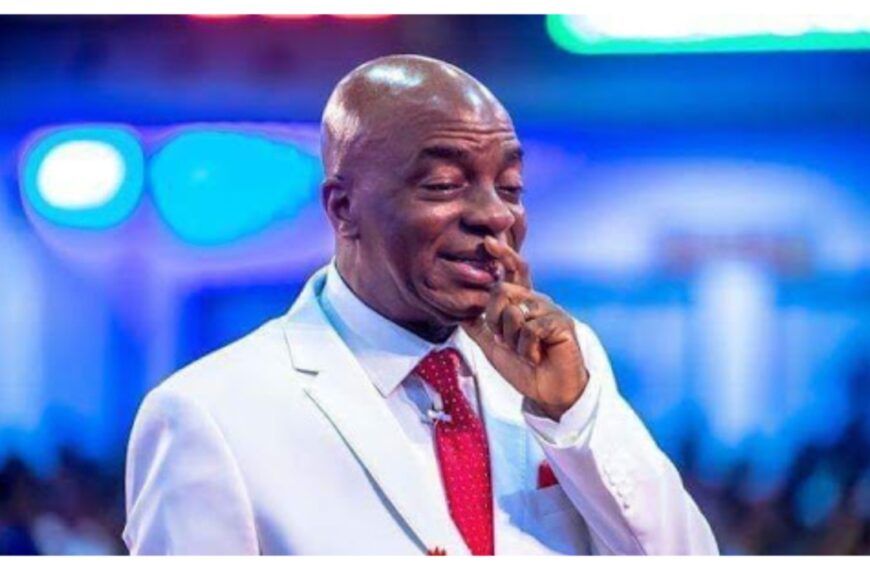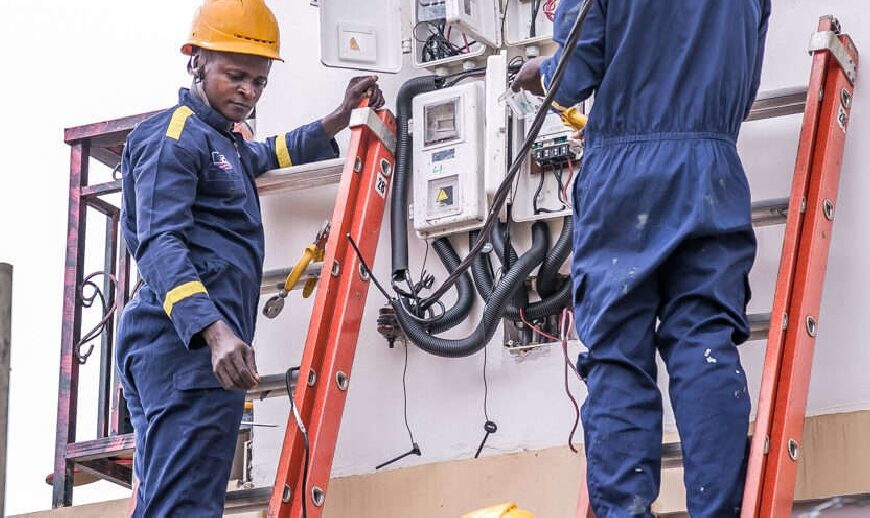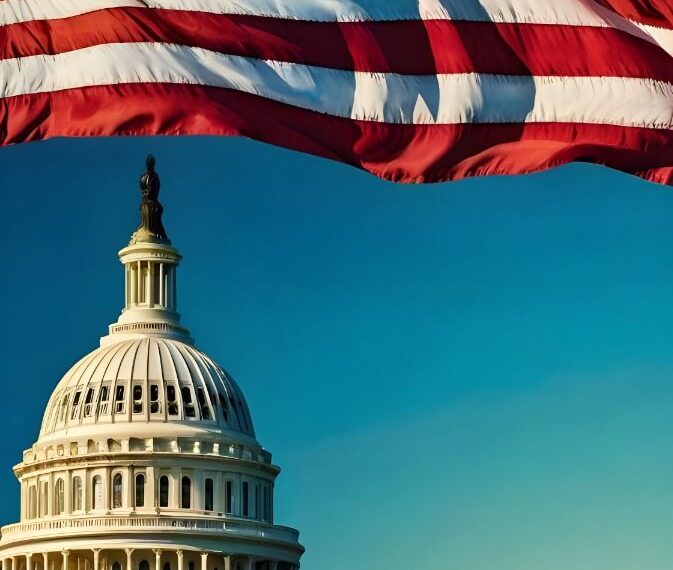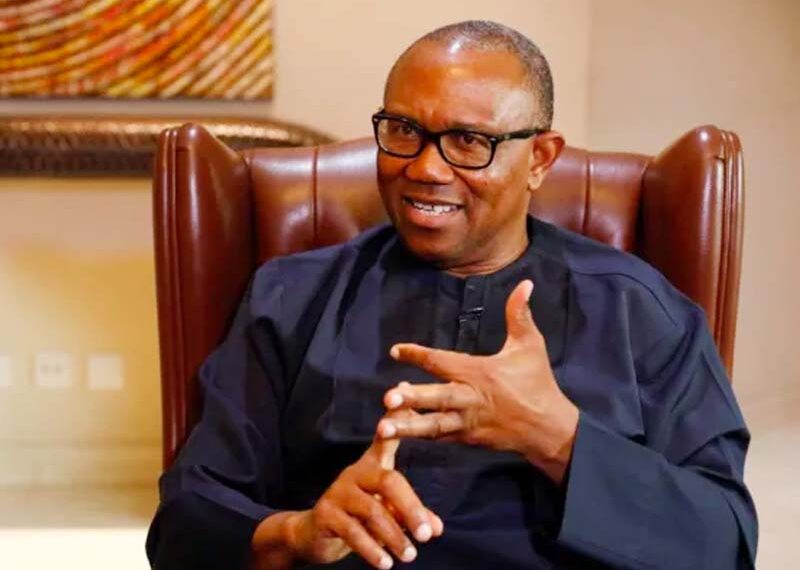Nigeria has officially submitted its bid to host the 2030 Commonwealth Games, raising hopes of bringing this major sporting event to Africa for the first time in the Games’ history. The bid, centered on Abuja, signals Nigeria’s intent to bolster its sporting infrastructure, enhance its international reputation, and leverage the event for national development.

The Bid Process and Government Support
- In April 2025, the Nigerian Olympic Committee (NOC) met the deadline to express interest in hosting the 2030 Games. This is the first step in the Commonwealth Games bid process.
- Key to progressing from “expression of interest” to a full formal bid is backing from the Federal Government, including financial, logistical, and political guarantees.
- President Bola Tinubu has since shown strong support. During a meeting with the Commonwealth Sport Bid Evaluation Committee in Abuja, his administration provided a letter of guarantee and reiterated its commitment to the bid.
What Nigeria Is Proposing
- Host City: Abuja is Nigeria’s proposed city for the Games. As the federal capital, it already has some of the infrastructure and institutional framework needed.
- Sports & Innovation: The bid includes plans to host around 15 sports. Notably, Nigeria is proposing the inclusion of football—a crowd-puller across the Commonwealth.
- Infrastructure & Legacy: Nigeria promises upgrades to sports facilities, transportation, and hospitality. These improvements are positioned as long-term investments, not just event-specific developments.
- Sustainability & Inclusivity: Nigeria’s bid emphasizes an environmentally sustainable event and prioritizes inclusivity—both for athletes (including para-sports) and communities.
Competition and Timelines
- Nigeria is not the only contender. India (Ahmedabad) has also submitted a formal bid to host the 2030 Commonwealth Games.
- Formal bids were due by August 31, 2025, and a decision is expected in November 2025 during the Commonwealth Games General Assembly.
Why It Matters
- If selected, Nigeria would become the first African country to host the Commonwealth Games. This historic milestone would be symbolically and practically significant for the continent.
- The Games could generate thousands of jobs, boost tourism, and enhance infrastructure—especially in Abuja and its surrounding regions.
- Hosting the Games can foster national pride, unity, and visibility on the global stage, while strengthening Nigeria’s sports development pipeline.
Challenges & Risks
- Cost & Financing: Hosting mega-events is expensive. Nigeria must ensure its budget and funding plans are sustainable and transparent.
- Infrastructure Gaps: Many existing venues will need upgrades. Transportation, accommodation, and security require substantial investment.
- Tight Timeline: With only five years until the event, every phase of planning and execution must move rapidly and efficiently.
- Strong Competition: India’s bid will be evaluated on similar metrics—legacy, cost-efficiency, athlete experience, and global appeal.
Conclusion
Nigeria’s bid for the 2030 Commonwealth Games is bold and filled with promise. It offers a chance to make history by bringing the Games to Africa, but also presents a major test of Nigeria’s organizational capacity and vision.
If successful, Abuja 2030 could become a landmark event—not just for Nigerian sports, but for the Commonwealth as a whole.

![[ICYMI] AFCON 2025: All You Need to Know About Nigeria vs Morocco Semi-Final Clash](https://africanroyaleonline.com/wp-content/uploads/2026/01/lookman-and-Osimhen-709x570.webp)
